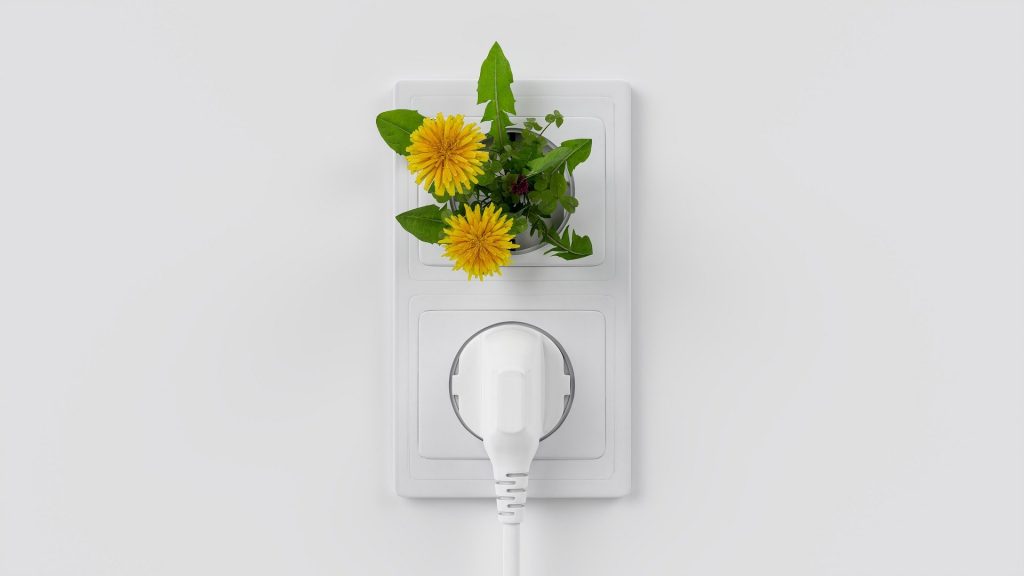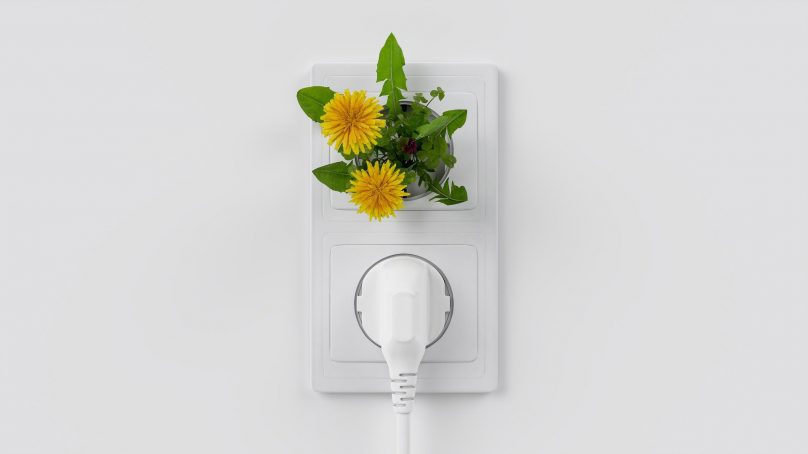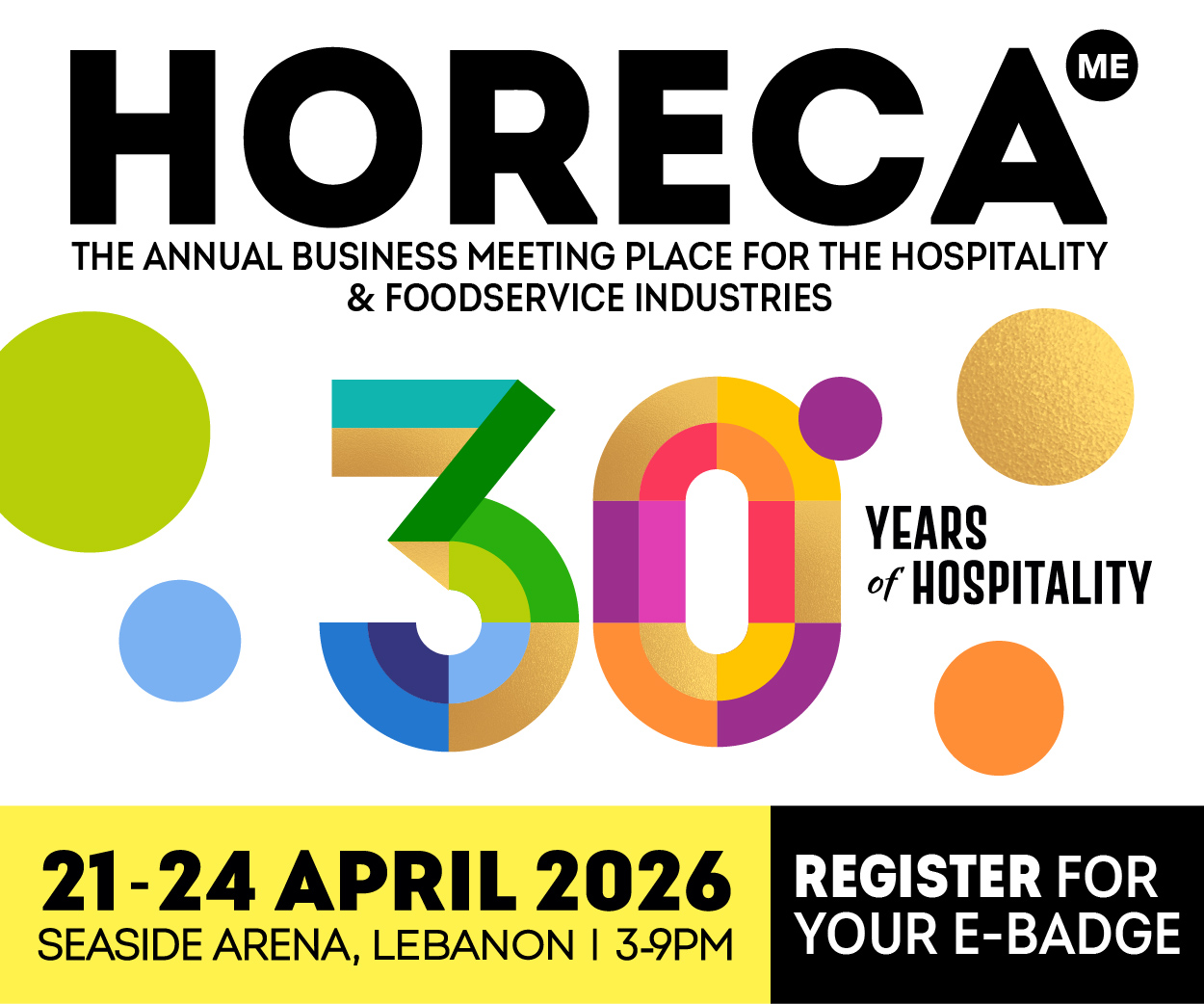 Along with the pandemic and associated health and economic concerns, climate change is at the top of the world’s agenda in line with the goals of the Paris Climate Agreement, established to keep global warming below 2 degrees and ideally at 1.5 degrees.
Along with the pandemic and associated health and economic concerns, climate change is at the top of the world’s agenda in line with the goals of the Paris Climate Agreement, established to keep global warming below 2 degrees and ideally at 1.5 degrees.
Major industries that contribute to greenhouse gas emissions, including hotels, are trying to find ways to address this pressing issue with sustainable management practices.
According to EHL, managers can adopt a number of approaches — many of them inexpensive and accessible — to make sustainability a key aspect of their brand’s management practices as well as their overall ethos.
The EHL stressed that in any hotel, the areas with the most environmental impact are water, waste and energy use. They specified three hotel management trends making an impact on sustainability in 2021.
-
Reducing consumption
Hotels must try to reduce water pressure in showers, install leak-detecting water systems and rainwater harvesting systems, and minimize water use for laundry as well as encourage guests to be mindful of towel usage. The savings can be significant; water-efficient bathrooms alone can lead to a 15 percent reduction in use.
Hotels can also conserve energy by replacing mini-fridges and coffee machines in each room with communal amenities — a change that many managers may choose to make post pandemic. Investing in energy-efficient appliances, automated energy management systems and retrofitting buildings for energy efficiency are also key to greenhouse gas reduction. These efficiency upgrades typically pay for themselves in less than three years and generate energy savings of 5 to 15 percent.
Reducing food waste is key to increasing efficiency. By growing food onsite, sourcing food locally, reducing plate waste and increasing the plant-based offering on their menus, hoteliers can help to drive positive change. For instance, Rove Hotels uses Winnow technology to keep its kitchen waste in check.
Dubai Energy and Water Authority has been focusing on the importance of adopting green practices at Dubai’s hotels. It issued a list of tips for hotels to adopt. These include installing master key-tag switches at the entrance of each guest room, activated by a room key tag or card. When guests leave the room and remove the key tag from the holder, lighting, heating, air conditioners, radio and television are switched off. Energy management systems such as this can reduce the electricity consumption of guest rooms by 15 to 30 percent.
Mövenpick Beach Resort Al Khobar recognizes the importance of reducing its carbon footprint by ensuring that current practices are measured and evaluated, and effective environmental policies are strictly implemented. The resort integrates its Environmental Management Systems (EMS) for energy, water and waste. On a daily basis, the resort monitors and records its energy and water utilities consumption. Monthly reports are generated to compare and identify opportunities to reduce usage further. Installation of energy and water efficient equipment such as LED lights, dual flushing system for toilets and water saver or aerator for faucets are utilized. Proper segregation of wastes and recycling are also applied. The resort also sourced 85 percent of its produce locally, especially when they are in season, to support environmentally positive farming, reduce pollution and combat biodiversity loss. This does not only ensure fresher food, but also provides an important investment in the local economy, protecting the kingdom’s food heritage.
-
Using technology
Contactless check-ins, keyless room entry and guest messaging platforms are essential for reducing friction and keeping everyone safe. In terms of convenience, online apps provide guests with seamless ways to order room service, book spas and request additional towels.
But digital technology has important sustainability benefits, such as reducing paper and plastic. One report found that a single hotel guest generates about two pounds of waste per night; paper, plastic and cardboard account for half that waste. Switching to a digital guest room tablet can produce immediate benefits, eliminating the need for paper menus, flyers and in-room directories.
Hilton uses a high-tech system called Connected Room that enables guests to personalize and control every aspect of their stay from their smartphones. That means controlling energy use, for example, so that when guests aren’t physically in their rooms – typically around 70 percent of the time – hotels can power down their lights, televisions, heating and air conditioning, dramatically reducing energy consumption.
Dubai-based SmartHotels is a leading digital transformation company that specializes in smart room automation, energy efficiency and infrastructure support services. It provides a range of solutions to optimize the hotel services. For instance, the company’s guest room management solution provides remote monitoring and control of heating, ventilation, and air conditioning (HVAC), lighting and metering system, which means that the hotel can make better use of energy reducing costs and improving operations at the same time.
Measuring and managing
Mobile technology also enables hotel staff to engage guests in sustainability initiatives. For example, real-time monitoring and reporting solutions like Aguardio allow guests to measure their water use and thus encourage users to reduce their consumption.
As management tools, digital platforms like fluttr and Con-Serve created by the Considerate Group, for example, helps hotels understand, measure and manage their energy consumption, helping to reduce electricity, water and fossil fuel use—and CO2 emissions. As the maxim goes: What gets measured gets managed.







